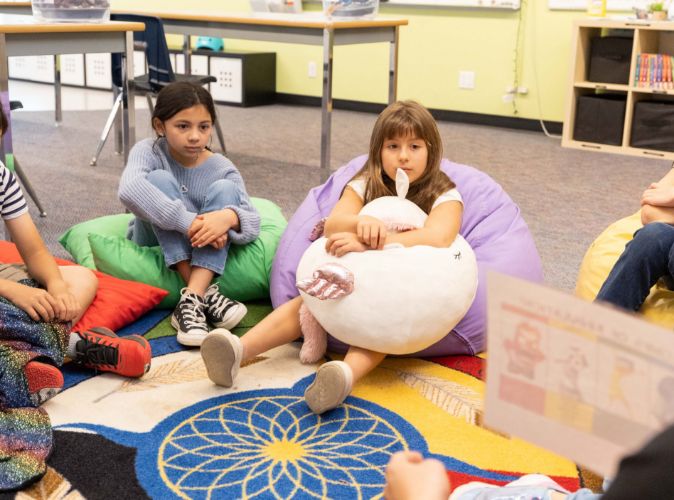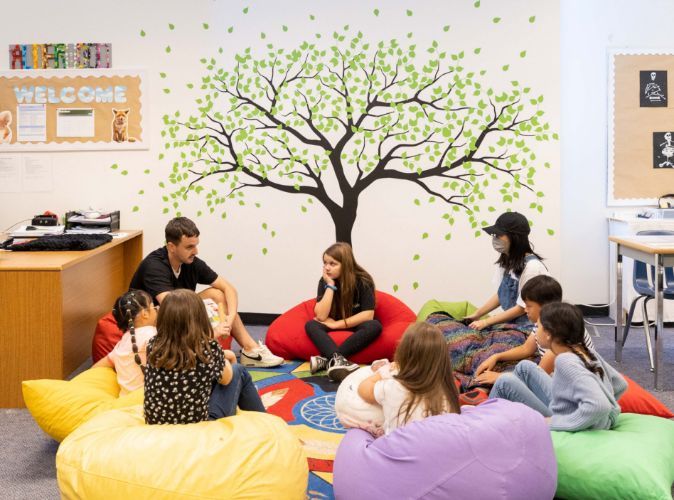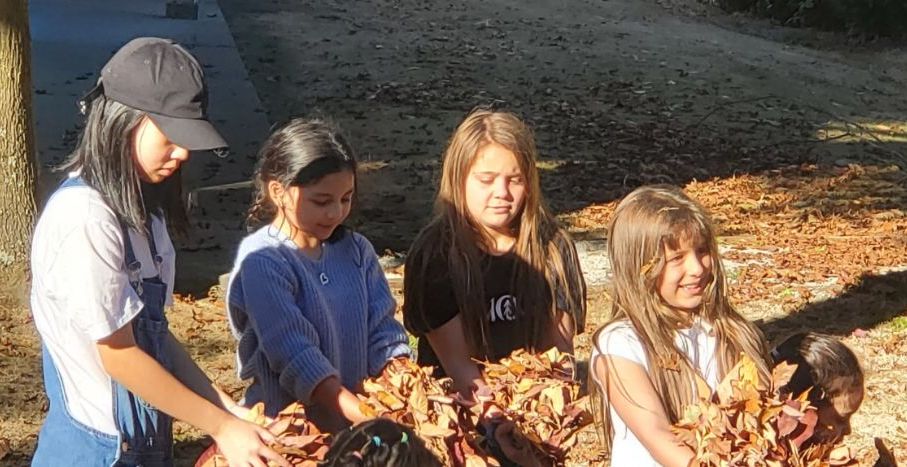The Children’s Foundation Statement on Anti-Racism
Through education we will strive to recognize, address and eradicate all forms of racism and ethnic oppression in our day to day work.
The Children’s Foundation recognizes that our learning, work and play takes place on the traditional, ancestral, and unceded territory of the Coast Salish peoples in Vancouver: the xʷməθkʷəy̓əm (Musqueam), Sḵwx̱wú7mesh Úxwumixw (Squamish), səl̓ilw̓ətaʔɬ (Tsleil-Waututh); in Surrey, Langley, New Westminster and White Rock: the Semiahmoo, q̓íc̓əy̓ (Katzie), Kwantlen, Qayqayt, and Tsawwassen First Nations; and in the Tri-Cities: the kʷikʷəƛ̓əm (Kwikwetlem). We are grateful and indebted to the Indigenous Peoples of these nations who have, and continue to care for these lands.


Honouring the children found at Tk’emlúps Indian Residential School
It is with deep sadness that we, like other British Columbians, learned about the heartbreaking discovery of the remains of 215 Indigenous children found at the former Tk’emlúps Indian Residential School. Our deepest and most sincere condolences go out to the families of the children and to all those whose lives and communities have been closely affected by this discovery. The impact of this tragedy is vast, and our hearts are with all Indigenous children, families, and staff at The Children’s Foundation. In difficult times, it is even more important to lift each other up and continue our healing and learning journey together. We must remain committed to our efforts to decolonize our practices and continue to strive for justice and equality. Children are our greatest resource and represent the future of our communities and humanity. This tragedy reminds us that we are accountable for the horrific crimes and the genocide that took place and continues to impact Indigenous peoples and our communities. As an agency that serves children and families we are committed to continuing to learn and keep ourselves accountable to the recommendations of the Truth and Reconciliation Commission’s final report.
Reconciliation Initiatives
“It is precisely because education was the primary tool of oppression of Aboriginal people and the miseducation of all Canadians, that we have concluded that education holds the key to reconciliation.”
– Justice Murray Sinclair
The Children’s Foundation (TCF) has adopted the Truth and Reconciliation Calls to Action on Education. As an organization based in colonial history, we have begun a learning journey to increase our awareness of Indigenous culture, land, histories, traditions and practices. The impacts of colonialism, particularly as it was embodied in the Indian residential school and the child welfare systems, persist today.
Here are some of our guiding principles and reconciliation initiatives we have undertaken:
- Ensure that TCF staff is familiar with the goals of the TRC Calls to Action and the Aboriginal Policy and Practice Framework
- Relationship building between Indigenous community – Elders, traditional teachers, parents and community members and the child welfare system
- Find ways to learn, invite and honour Indigenous ways of knowing
- Developing partnerships with Indigenous families who can share their culture and can identify with our Indigenous children and families
- Create a service culture based on respect where Indigenous children and families experience safety, dignity, belonging and connection
- Understand and incorporate Indigenous perspectives that are holistic, experiential and are rooted in Indigenous languages, cultures and spirituality, community and family centered
- Use of Best Practices frameworks for non-Indigenous service workers – that are politically and culturally aware
- Serving from a Cultural Humility framework – challenge our staff to think critically about their own biases and perspectives as a result of colonialism
- Get to know each Indigenous child and family and fully support their autonomy knowing that they are fully capable with or without us


We improve the lives of children and families with your support.
Honouring the children found at Tk’emlúps Indian Residential School
It is with deep sadness that we, like other British Columbians, learned about the heartbreaking discovery of the remains of 215 Indigenous children found at the former Tk’emlúps Indian Residential School. Our deepest and most sincere condolences go out to the families of the children and to all those whose lives and communities have been closely affected by this discovery. The impact of this tragedy is vast, and our hearts are with all Indigenous children, families, and staff at The Children’s Foundation. In difficult times, it is even more important to lift each other up and continue our healing and learning journey together. We must remain committed to our efforts to decolonize our practices and continue to strive for justice and equality. Children are our greatest resource and represent the future of our communities and humanity. This tragedy reminds us that we are accountable for the horrific crimes and the genocide that took place and continues to impact Indigenous peoples and our communities. As an agency that serves children and families we are committed to continuing to learn and keep ourselves accountable to the recommendations of the Truth and Reconciliation Commission’s final report.

Reconciliation Initiatives
“It is precisely because education was the primary tool of oppression of Aboriginal people and the miseducation of all Canadians, that we have concluded that education holds the key to reconciliation.”
– Justice Murray Sinclair
The Children’s Foundation (TCF) has adopted the Truth and Reconciliation Calls to Action on Education. As an organization based in colonial history, we have begun a learning journey to increase our awareness of Indigenous culture, land, histories, traditions and practices. The impacts of colonialism, particularly as it was embodied in the Indian residential school and the child welfare systems, persist today.
Here are some of our guiding principles and reconciliation initiatives we have undertaken:
- Ensure that TCF staff is familiar with the goals of the TRC Calls to Action and the Aboriginal Policy and Practice Framework
- Relationship building between Indigenous community – Elders, traditional teachers, parents and community members and the child welfare system
- Find ways to learn, invite and honour Indigenous ways of knowing
- Developing partnerships with Indigenous families who can share their culture and can identify with our Indigenous children and families
- Create a service culture based on respect where Indigenous children and families experience safety, dignity, belonging and connection
- Understand and incorporate Indigenous perspectives that are holistic, experiential and are rooted in Indigenous languages, cultures and spirituality, community and family centered
- Use of Best Practices frameworks for non-Indigenous service workers – that are politically and culturally aware
- Serving from a Cultural Humility framework – challenge our staff to think critically about their own biases and perspectives as a result of colonialism
- Get to know each Indigenous child and family and fully support their autonomy knowing that they are fully capable with or without us


We improve the lives of children and families with your support.
